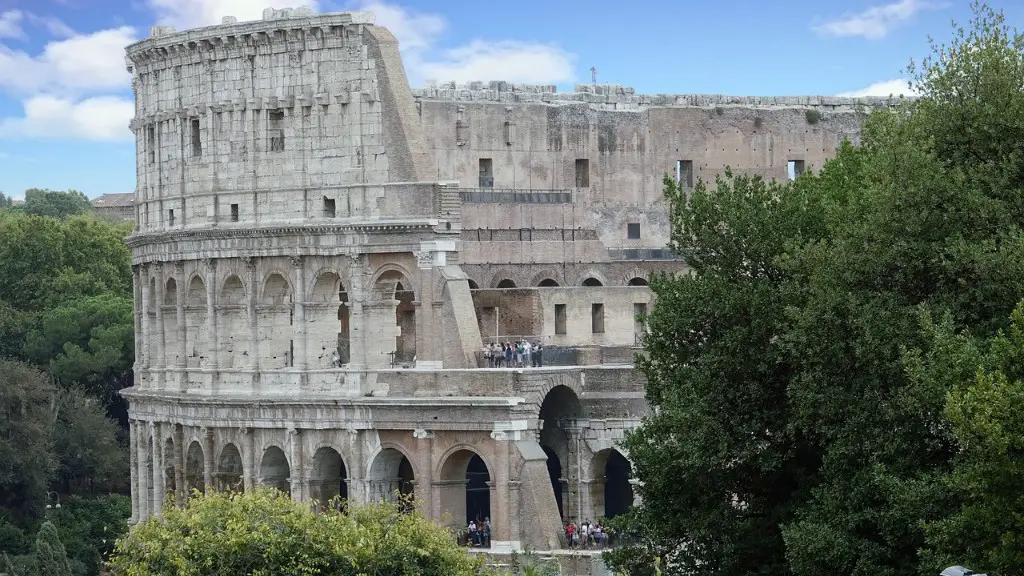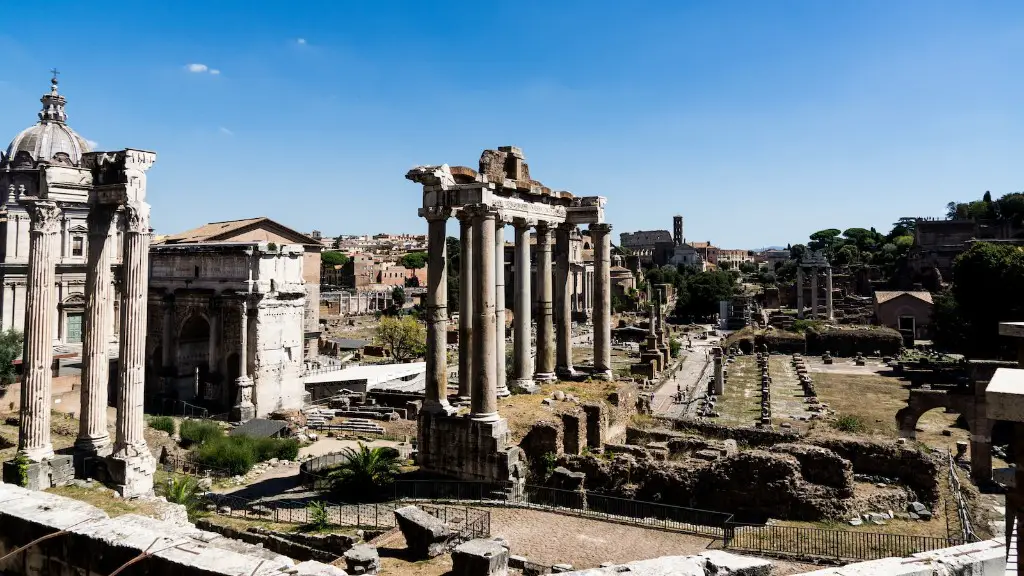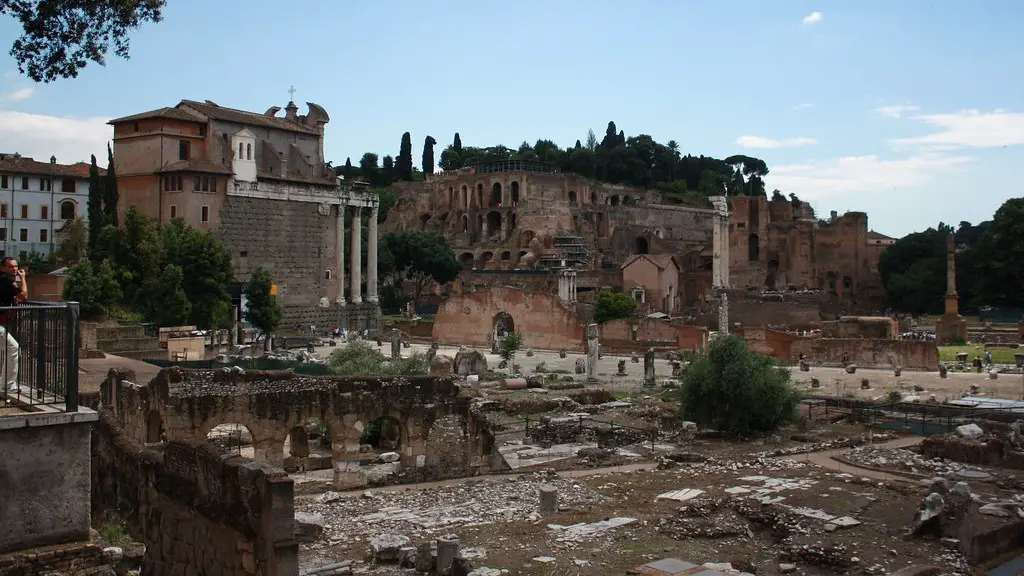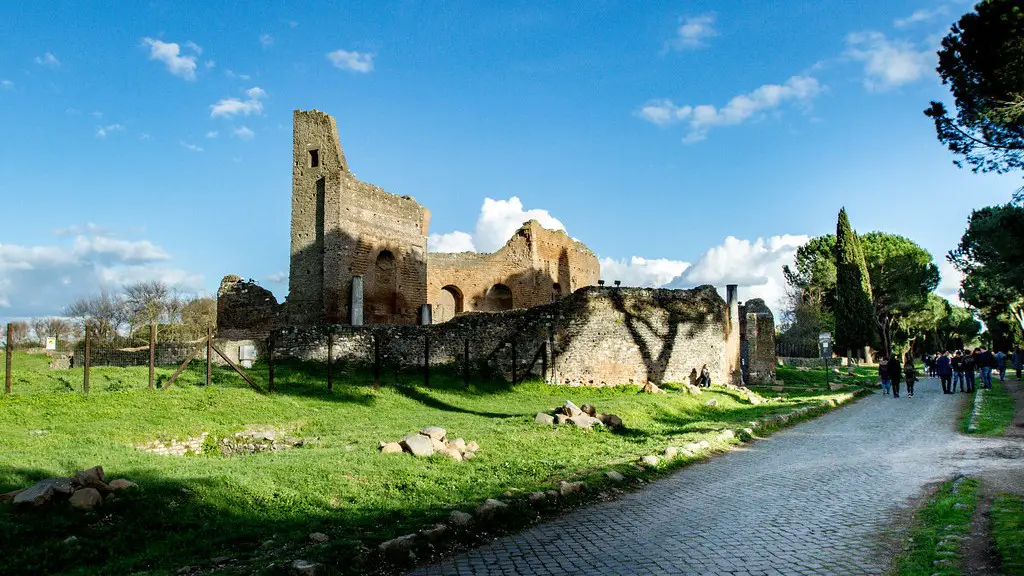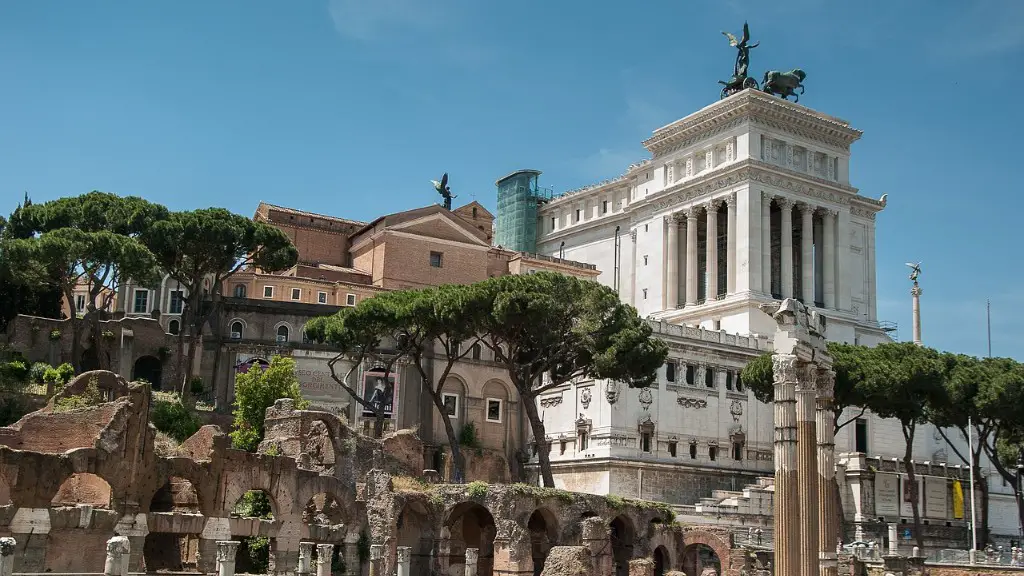What Were Patricians?
Patricians were the ruling class of ancient Rome. They were the upper class citizens of the city, with the most wealth and power. They held a great amount of influence in the running of Rome, from politics to economics and diplomacy. Patricians also owned most of the land and businesses within Rome, and set the laws that governed the city.
Throughout the city’s history, patrician status was determined by birth. If a family had the right ancestry, they were automatically admitted into the patrician class, regardless of their wealth. This meant that a patrician’s wealth did not always guarantee them power. Patricians were highly respected and revered within Roman society, and their status was a major factor in their ability to influence the decisions made in Rome.
Political Power
As the upper class of Rome, patricians held a significant amount of political power. Patricians were responsible for making most of the laws governing the city, such as taxes and trade agreements. They were also responsible for maintaining order and enforcing laws, which included the authority to execute criminals. This gave them a firm grip on what happened throughout Rome, from the highest levels of government down to the streets.
In addition, patricians were vested with the power of deciding who was and was not allowed to participate in public office. This kept them in control of the government and kept the power concentrated within their class. The ability to control who could and could not serve as a public official provided them with a great deal of power, and kept them in firm control of the city and its politics.
Economic Influence
Patricians also wielded immense economic influence. They owned large portions of the land and businesses in Rome, and were responsible for setting the prices of goods and services. This gave them a monopoly on the city’s markets, allowing them to use their economic power to keep the plebeians in their place.
In addition, patricians had exclusive access to many resources that the plebeians did not, such as the ability to borrow money from the Senate. This allowed the patricians to manipulate the markets in favor of their own interests, giving them a considerable advantage over their less powerful counterparts.
Religious Influence
Patricians had a strong influence in religious matters as well. They were able to control the decisions of many of the gods and goddesses, and were often seen as their representatives on Earth. Patricians were also responsible for much of the religious rites and ceremonies, giving them even greater influence over the Roman spiritual life.
In addition, patricians were the only ones allowed to bribe the gods, which gave them an enormous amount of control over religious aspects. This allowed them to manipulate many events in their favor, and to secure blessings from the gods that would benefit their interests.
Social Standing
Patricians were held in high esteem throughout Rome, and their social standing was unrivaled. Patrician families often boasted great wealth and power, and the sight of a patrician in public struck fear into the hearts of the plebeians. Patricians were also associated with great honor and respect, which opened many doors that would have otherwise been closed to plebeians.
The importance of patrician status can also be seen in Roman marriage customs.They were expected to marry within their social class, to ensure the purity and integrity of the patrician bloodline. This was seen as essential to maintain their position at the top of Roman society, and ensured that patrician influence would remain in the ruling class.
Legacy
The patricians were an essential part of Roman life, and their influence was felt in virtually every aspect of the city. They were able to maintain their social and economic dominance for centuries, and their legacy still lives on today. The importance of patricians in ancient Rome was undeniable, and their influence is still evident in modern society.
Battle for Power
Throughout Rome’s history, there were often tensions between the patricians and plebeians. Patricians had a legal and economic advantage over the plebeians, and this created discontent between the two classes. Often, the plebeians would revolt against the patricians in order to gain more power, or to be recognized as equal citizens. The power struggles between the patricians and plebeians continued until the end of the Roman Empire.
These power struggles had a lasting effect on Rome. The constant battle between the patricians and plebeians weakened the strength of the city and its people, and ultimately contributed to the downfall of the Roman Empire. This highlights the importance of patricians in ancient Rome, as the struggle between the two classes resulted in the decline of one of the most powerful civilizations in history.
Social and Political Rights
In the later years of the Roman Empire, patricians were granted some social and political rights that had been denied to them for centuries. The reforms of emperor Constantine, in particular, allowed them to hold office and create laws. This granted patricians more power, and allowed them to continue to influence the running of Rome.
The changes brought by Constantine also allowed for more interaction between the patricians and plebeians. This further addressed the imbalance in power, and allowed for more equality amongst the classes. This was a major step towards creating a better, more just society within Rome.
Conclusion of Patrician Influence
The patricians of Rome were an important part of the city’s history. They were responsible for much of the political, economic, and religious life of the city, and their influence was felt throughout the years. Their power and prestige lasted until the fall of the Roman Empire, and their legacy continues to this day. They played an essential role in the development of Rome, and their importance should not be overlooked.
